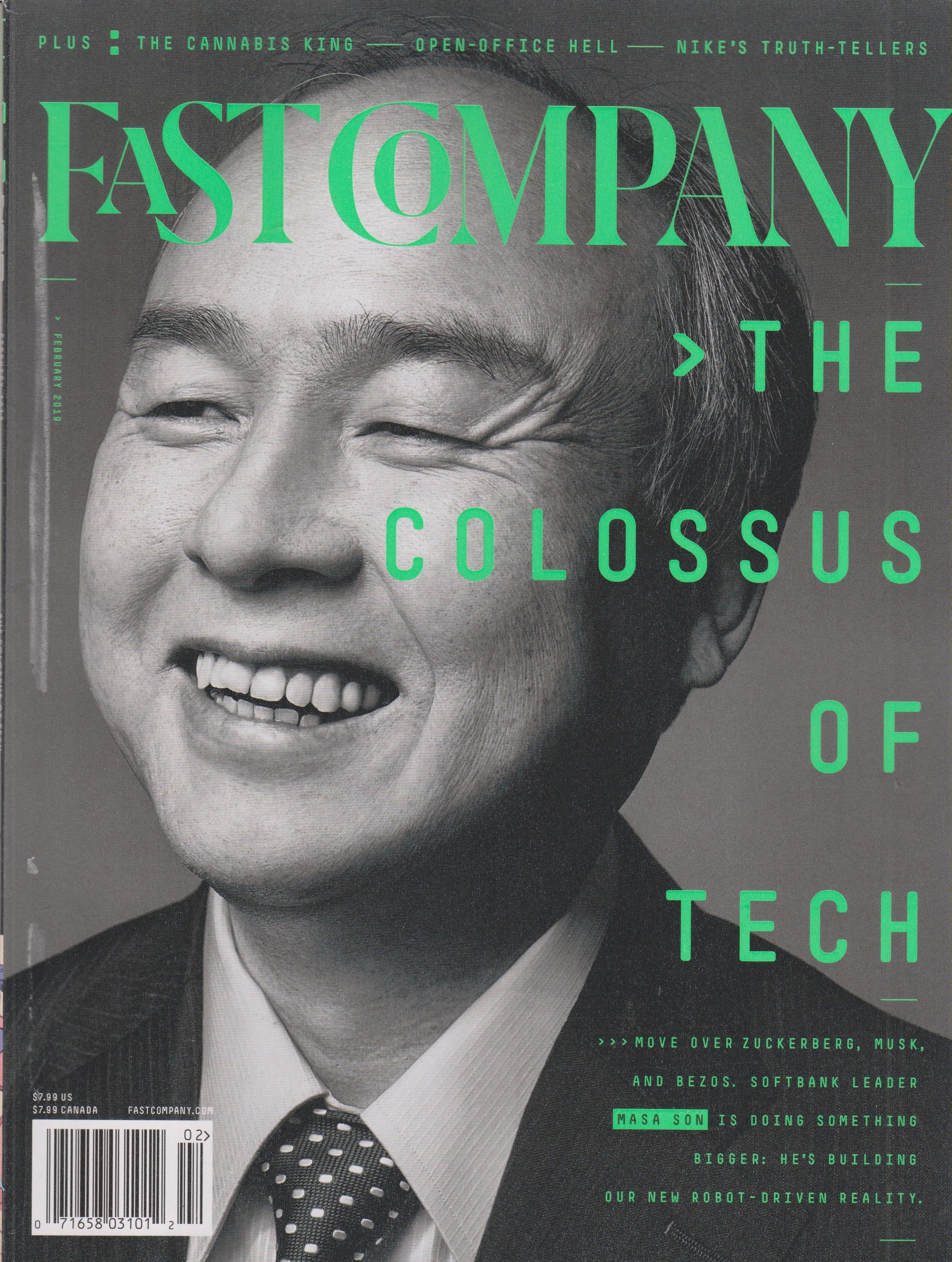Drastic falls in cost are powering another computer revolution The first act, in the aftermath of the second world war, brought computing to governments and big corporations. The second brought it to ordinary people, through desktop pcs, laptops and, most recently, smartphones. The third will bring the benefits—and drawbacks—of computerisation to everything else, as it becomes embedded in all sorts of items that are not themselves computers, from factories and toothbrushes to pacemakers and beehives......Countless tiny chips will be woven into buildings, cities, clothes and human bodies, all linked by the internet......... Smart traffic systems will reduce waiting times at traffic lights and better distribute cars through a city. ........ Data from factory robots, for instance, will allow algorithms to predict when they will break down, and schedule maintenance to ensure that does not happen. Implanted sensors will spot early signs of illness in farm animals, and micromanage their feeding. Collectively, those benefits will add up to a more profound change: by gathering and processing vast quantities of data about itself, a computerised world will allow its inhabitants to quantify and analyse all manner of things that used to be intuitive and inexact.......... analogy with another world-changing innovation. Over the past century electricity has allowed consumers and businesses at least in the rich world, access to a fundamental, universally useful good—energy—when and where they needed it.
The IOT aims to do for information what electricity did for energy.
...... total spending on it will reach $520bn by 2021........ the economic impact of the iot could be as much as $11.1trn every year by 2025......... Like most futures, a lot of the iot is already here—it is just not (yet) evenly distributed. ....... The price of computation today is roughly one hundred-millionth what it was in the 1970s ........ a megabyte of data storage in 1956 would have cost around $9,200 ($85,000 in today’s prices). It now costs just $0.00002....... between 1950 and 2010 the amount of number-crunching possible with a kilowatt-hour of energy grew roughly a hundred-billion-fold. ....... In 1860, sending a ten-word telegram from New York to New Orleans cost $2.70 (about $84 in today’s money). These days, speeds are measured in megabits per second. (A megabit is equal to roughly 2,700 ten-word telegrams). Connection speeds of tens of megabits per second can be had for a few tens of dollars a month. ......51.2% of the world’s population had internet access in 2018, up from 23.1% ten years ago.
........ The final ingredient is a way to gather all the data that a trillion-computer world will generate and to make sense of it all. Modern artificial-intelligence techniques excel at extracting useful patterns from large quantities of raw data. ........ the new sorts of chips that might make the iot work, which will cost less than a cent each and will be able to harvest the energy they need to run from sunlight or ambient heat........ A world of ubiquitous sensors is a world of ubiquitous surveillance. Consumer gadgets stream usage data back to their corporate makers. Smart buildings—from airports to office blocks—can already track the people who move through them in real time. Thirty years of hacks and cyber-attacks have proved that computers are insecure machines. As they spread, so will that insecurity. Miscreants will be able to exploit it remotely and at a huge scale.Internet Of Things https://t.co/MsgMcQmqVo #IoT #InternetOfThings
— Paramendra Kumar Bhagat (@paramendra) September 18, 2019









